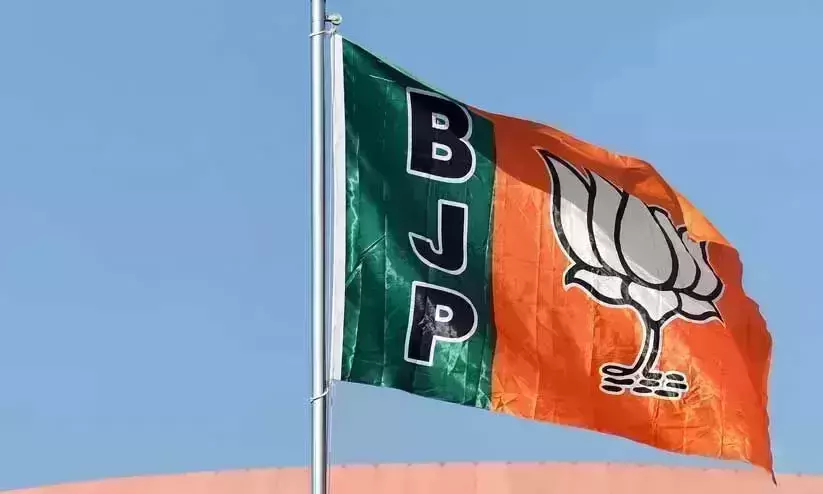
Loya Case: Not the judgment waited for
text_fieldsThe judgment of the Supreme Court on Thursday dismissing a bunch of PILs seeking a probe into the mysterious death of Special Central Bureau of Investigation Judge Brijgopal Harkishan Loya which created much ruckus is highly unfortunate.
The three-member bench headed by Chief Justice Dipak Misra not only rejected the demand for the probe, but has also sharply criticized the petitioners who had sought to resolve the conundrums related to Loya’s death and the senior lawyers who had argued the case for them. The apex court has raised allegations against senior lawyers and human rights advocates such as Prashant Bhushan, Dushyant Dave, Rajeev Dhawan and Indira Jaising for raising covert threats against the freedom of the judiciary through the petitions, jeopardizing its credibility. Seeking an unbiased investigation in Loya’s death is seen as contempt of court by the Supreme Court; this can only be considered strange. However, the judiciary has displayed the ‘broadmindedness’ to not take action against the Contempt of Court. It was not for such a closure, that the entire nation eagerly awaited the court verdict in the case. The Supreme Court has also restrained all the courts in the country from hearing the case. Nobody should ask whether new evidences that confirm conspiracy in the case would surface.
Death of Special CBI judge Loya turned highly controversial thanks to the mysteries it raised. He had died on December 1, 2014 in Nagpur where he had gone to attend the wedding of a colleague’s daughter. Records cite cardiac arrest as the reason of his death. However, it was Loya’s family and relatives who initially revealed to the media their doubts regarding his death as to whether he was poisoned or killed in any other manner as he had been handling the sensational 2005 Sohrabuddin Sheikh fake encounter case at that time. Sohrabuddin Sheikh Case is the most significant of countless fake encounter cases that took place during Narendra Modi’s tenure in Gujarat. BJP president Amit Shah is a main accused in the case. Thus the bunch of PILs were filed in the Supreme Court with the noble intention of resolving the clandestine aspects created by the unnatural death of a judge who had been handling a case that involves a person with high-level political connections. It was Congress leader Tehseen Poonawalla and Maharashtra journalist B S Lone who approached the Supreme Court seeking an unbiased probe into Loya’s death. The case first came before Justices Arun Mishra and Mohan S Shantanagoudar. Later, referring the case to the three-member bench including the CJI stirred up a controversy. Four senior justices led by Justice Chelameswar during an unprecedented press conference held on January 12th against the authoritarian trends displayed by the CJI in the matter of allotting cases, had particularly mentioned the Loya case.
The Supreme Court ruled that Justice Loya died of natural causes and that nobody should be suspected over his death. It stated that there was no reason to disbelieve the details provided by judicial officers namely Shrikant Kulkarni, Shriram Modak, R Rathi and Vijay Kumar Barde about Loya’s death. With Loya’s death alleged to be unnatural, the apex court found that doubts would be unnecessarily cast on these judges who had stayed with Loya at the Nagpur guest house then. It is on the basis of this that the court has criticized the senior lawyers, mentioning them by name, who had appeared for the parties demanding a special probe into Loya’s death. In the present scenario where the faith of the people in the judiciary is being shaken, the verdict in the Loya case offers only more despair to the common man. Loya’s death can be natural or unnatural. Given that suspicions were raised even from close relatives, ordering an impartial and thorough investigation would have been the most desirable course. But the Court, without being prepared for that, gave the judgement that no other court should hear the plea and that the petitioners' and the interveners' act prima facie constitutes criminal contempt. By this, the question as to why this case is so particular ends in the suspicion whether it is because people occupying key positions of power politics are involved in this. It is such apprehensions that erode the credibility of the judiciary and hurt its prestige. One can call this verdict nothing but unfortunate.






















